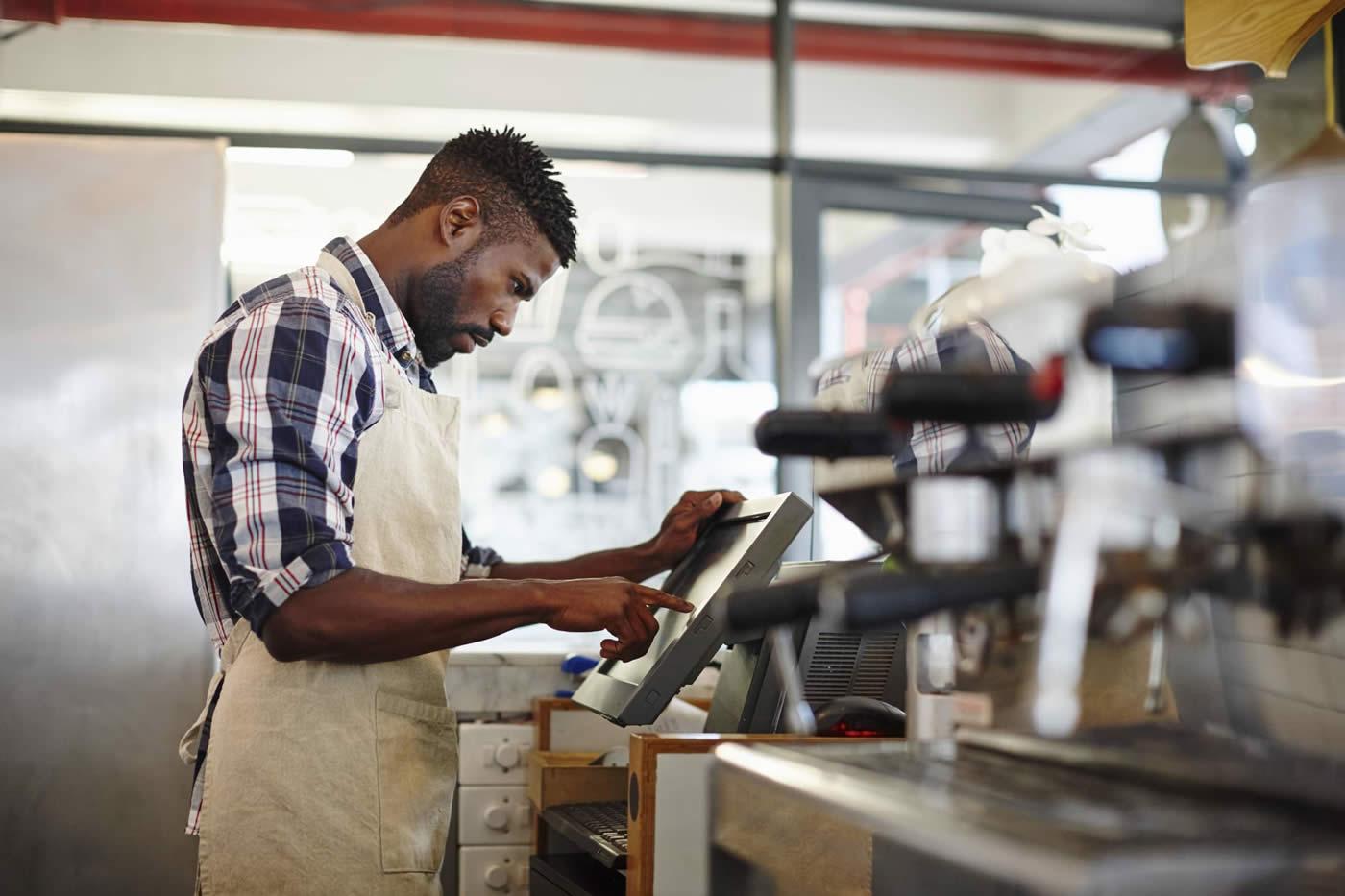Any business expenditure you incur can be deducted from your income. This gives a profit figure which is the figure you are taxed on. It is therefore important that you record any expenditure throughout the year. This page will explain the importance of accurately recording expenditure and the ways in which it can be done.
Why should I record my business outgoings?
Any business expenditure you incur can be deducted from your income. This gives a profit figure which is the figure you are taxed on. It is therefore important that you record any expenditure throughout the year.
Allowable expenses are any costs you incur during the normal course of your business. So for example you may need to buy paper and ink in order to be able to print off the invoices you give to customers, or you may need to buy boots to protect yourself from injury whilst working with heavy objects. These are just two examples of business costs. If you have bought something and are unsure whether or not it is a business expense, check with your accountant.
You could keep receipts for everything you buy, put them in a box and give this to your accountant at the end of the year. However they’re unlikely to be very pleased and will most probably present you with a huge bill for the time it has taken them to sort through your paperwork.
Recording your expenses not only cuts accountancy costs but also helps you to keep track of your business and have a good idea of what you are spending and on what.
Sometimes when I buy things in cash I don’t get a receipt or invoice.
Can I still record these expenses?
Possibly. Ideally you should have receipts for everything you buy. Realistically, we all lose things from time to time. If you have filled up your car with petrol at the start of the week for example and misplaced the receipt it is reasonable to argue that you could not have done the weeks work without having put any fuel in your car. So in this case, your accountant, and probably HMRC as well, would agree that the cost should be included in your accounts.
However, if you tell your accountant that you have paid £2,000 for new tools throughout the year but have conveniently lost the receipts, they are unlikely to believe you.
So, in summary, the occasional small expense without a receipt is fine but do try to obtain receipts or invoices for everything you buy.
What is the best way of recording my expenditure?
This depends on the size of your business and the volume of purchases you make. Just like recording income, you need to use a system you can easily understand.
A spreadsheet which shows total expenditure for each day would be useful for a small coffee shop for example. They would then need to keep copies of the receipts and invoices in date order to back up the figures on the spreadsheet.
A business which has a higher volume of purchases, a clothes shop for example, may want to use an accounting software to record expenditure. Invoices can be entered onto the system, given a reference number and filed away making it easy to find an invoice at a later date. This would record all of the expenses incurred throughout the year. A copy of the program would then be given to the accountant at the end of the year for them to extract the information they need.
If you are a VAT registered business you will need to record the VAT element of any costs as well.
If I use my car for work and private use can I record all the running costs as business expenses?
No. If an expense is not wholly and exclusively for business use then you need to make a private use adjustment. So in this example you need to record the number of miles you cover in the year and how many of these were business miles. Use the percentage of business miles to calculate how much of the running costs are allowable.
So for example, between 6 April 2014 and 5 April 2015 you drove 11,500 miles.
You record each business trip you make and these total 8,625 miles.
This means that 75% of your travel was for business.
So, if the running costs of your car totalled £5,000 for the year then £5,000 x 75% = £3,750. This is the allowable motor costs to include in your accounts.
Do I need to keep any other documents?
As well as invoices and receipts, you should also keep statements for any bank and credit cards you have used to make purchases. Your accountant may want to see these so that they can cross reference them with invoices.
Download a sample expenditure record










